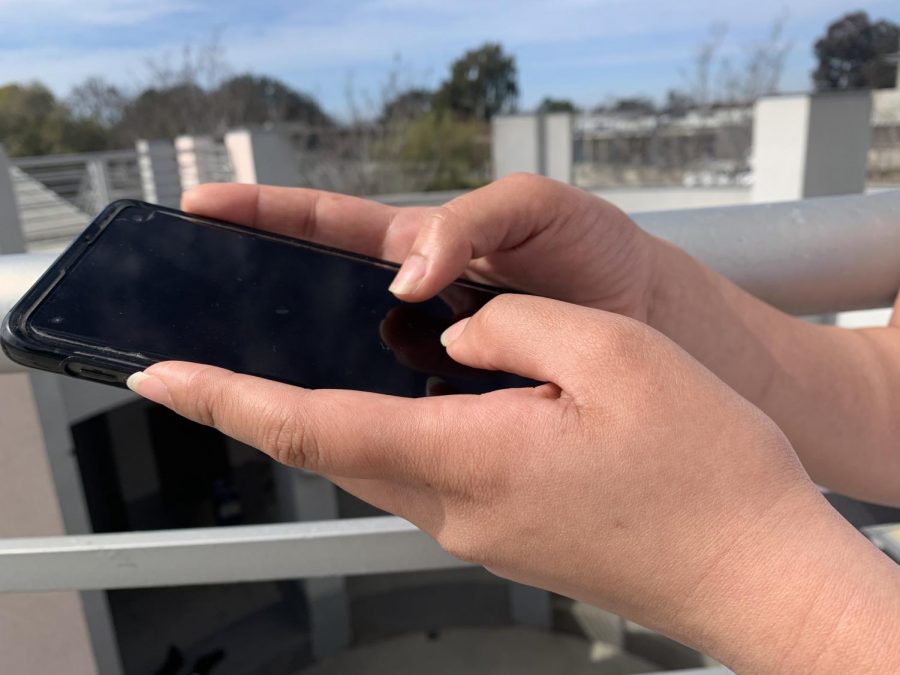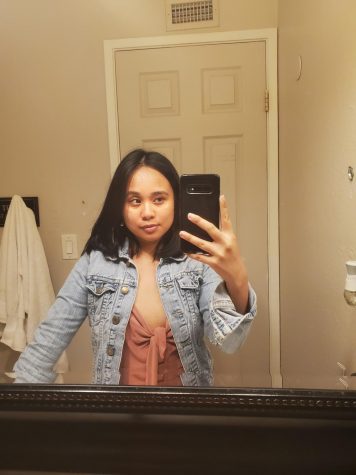It is exciting to see the support that has surged within the last few years of women of color; to the Democrats who were able to take back the House from the midterm elections or the clout chasers that we see on social media platforms like YouTube or Instagram. Essentially, what clout chasers try to do is create a strong social media influence by having a strong following or getting endorsed by well-known businesses. Clout chasers can exist on every level: to the girls we graduated with from high school who try and create a social media influencer presence, to reality stars like Kim Kardashian. While I love empowered women of color who seek out their financial independence, there is a commonality between these aforementioned women that I will not ever get on board with: assuming a black identity for clout.
It’s no secret that non-black people of color have a long history of persecution here in the United States. I am also not blind to the fact that this current administration has done its part in creating a hurtful rhetoric of immigrants and asylum seekers that emboldens racists to unapologetically be violent towards said marginalized groups. I myself am a Filipino first-generation immigrant woman and I know that the playing field still is nowhere close to be evened out, but I do recognize that I have a certain privilege that, unfortunately, black folks do not have. We may not hear it as much in San Diego but police brutality is a living nightmare to the African-American community.
What upsets me most about these clout chasers is when they choose to appeal to more followers by appropriating black culture. Taking on a “black accent”, getting unnaturally tan, or putting in box braids all in the guise of looking cooler for social media. We have seen the Kardashians go through the cycle of posting pictures of cornrows in their naturally straight hair, getting quick backlash over the Internet for said posts, trying to explain to angry comments that they didn’t mean to be ignorant of their choice (not to mention, using their multiracial babies as a scapegoat), only to wait a few months until they do it all over again. Black females have long been fighting to embrace their natural hair, so it can be hurtful when non-black women are celebrated with their hairstyle. Black culture is not an aesthetic or tool that can make your outside appearance comely.
More than anything, being a black ally can be helpful, especially in the political climate that we find ourselves in. There are great causes that advocate for black rights like Black Lives Matter or Fair Fight, the latter helping to end voter suppression. Donating to causes like these can be a great way to help the African-American community that does not involve appropriating their culture. Visiting and buying goods from small businesses that are owned by black folks is another great way to create a strong allyship. As non-black people of color, I hope we can use the acknowledgment of our oppression and utilize our privilege in uplifting those around us who need it the most.





